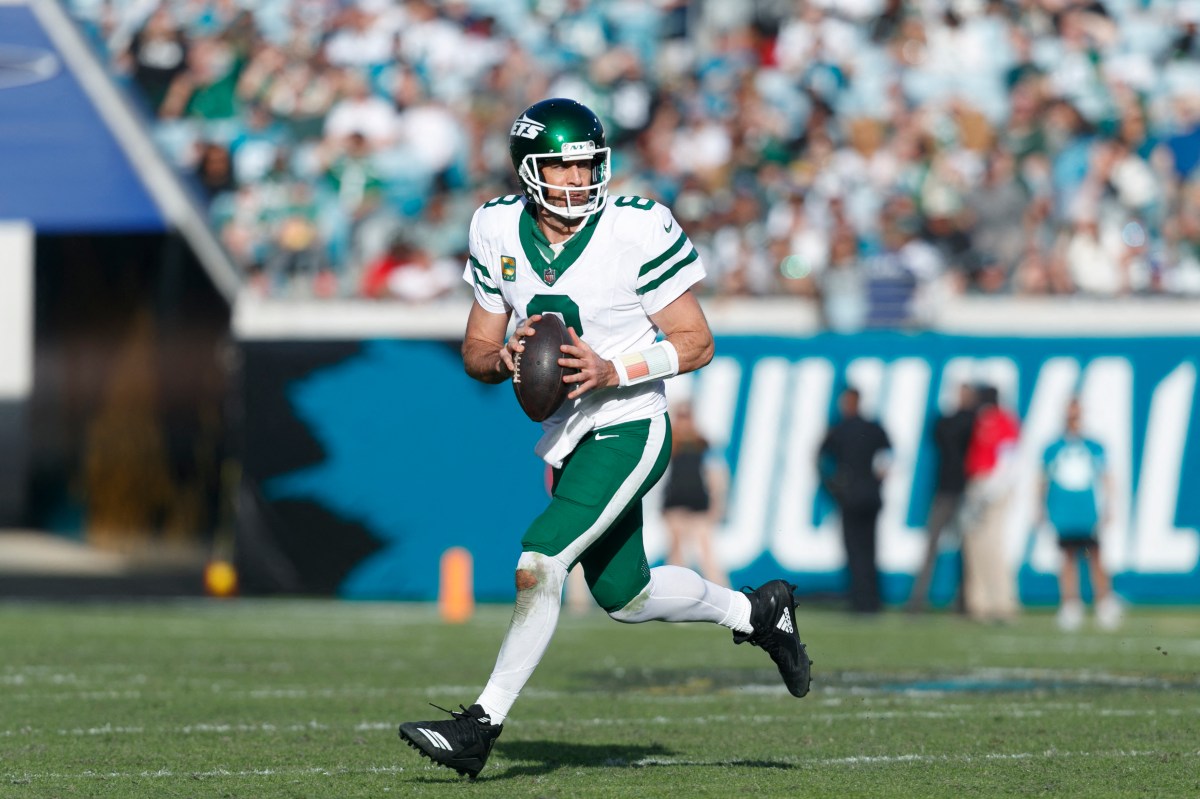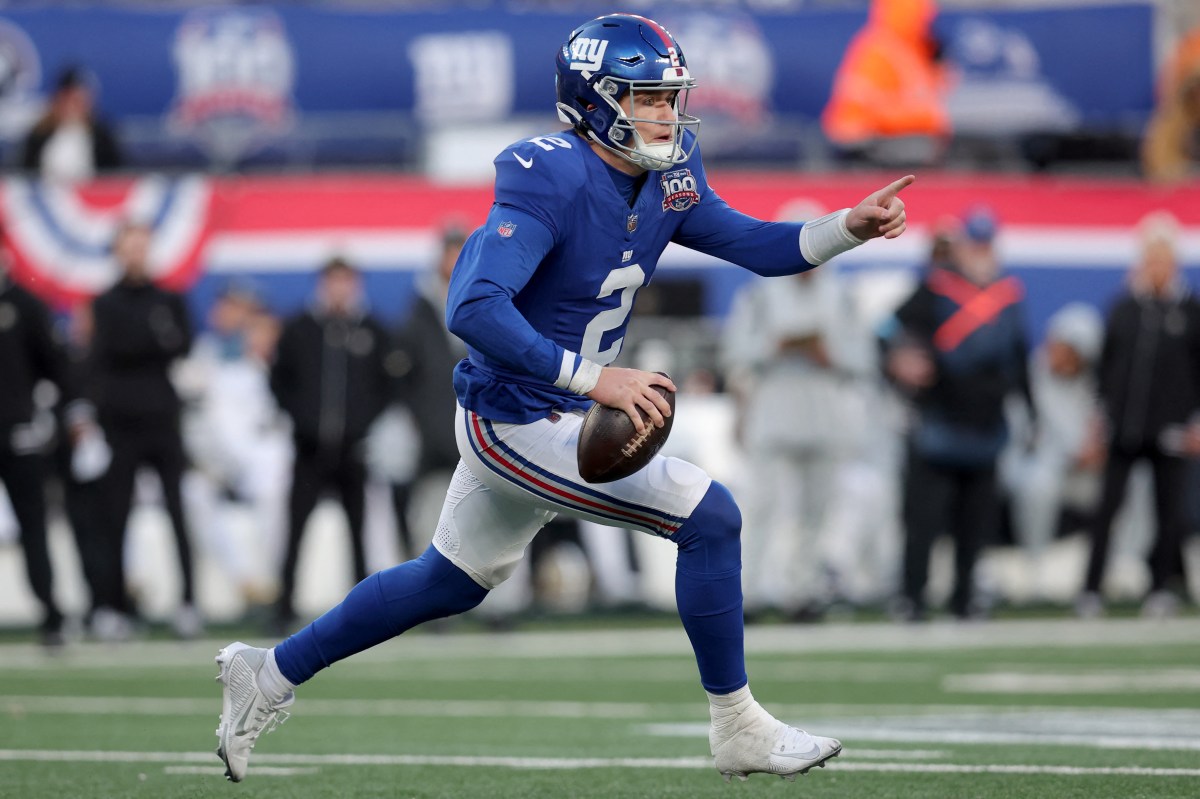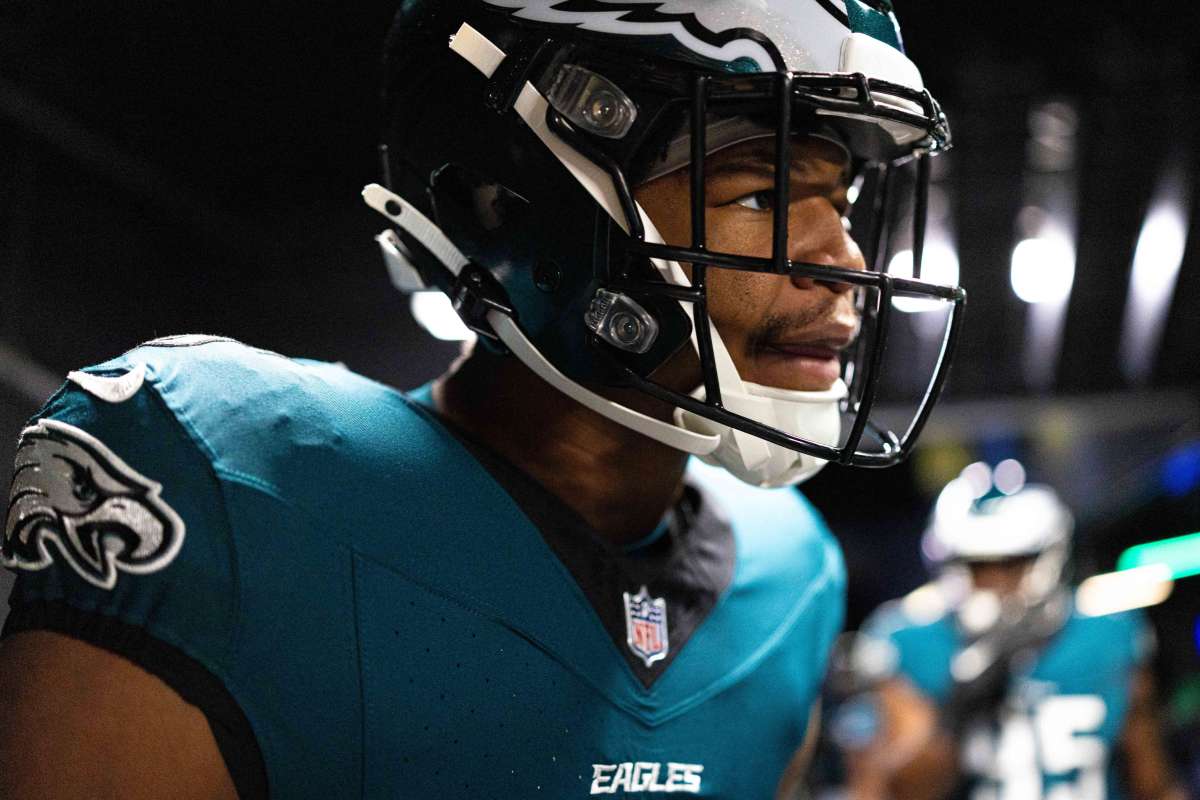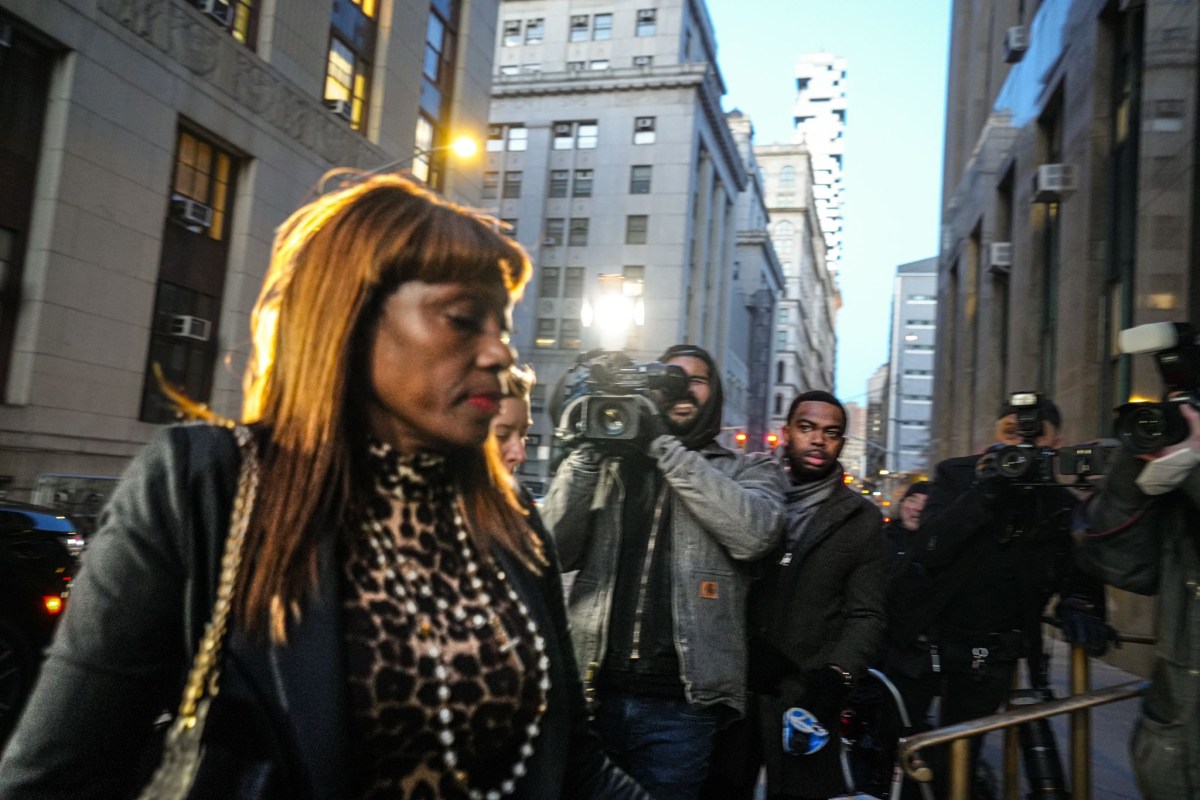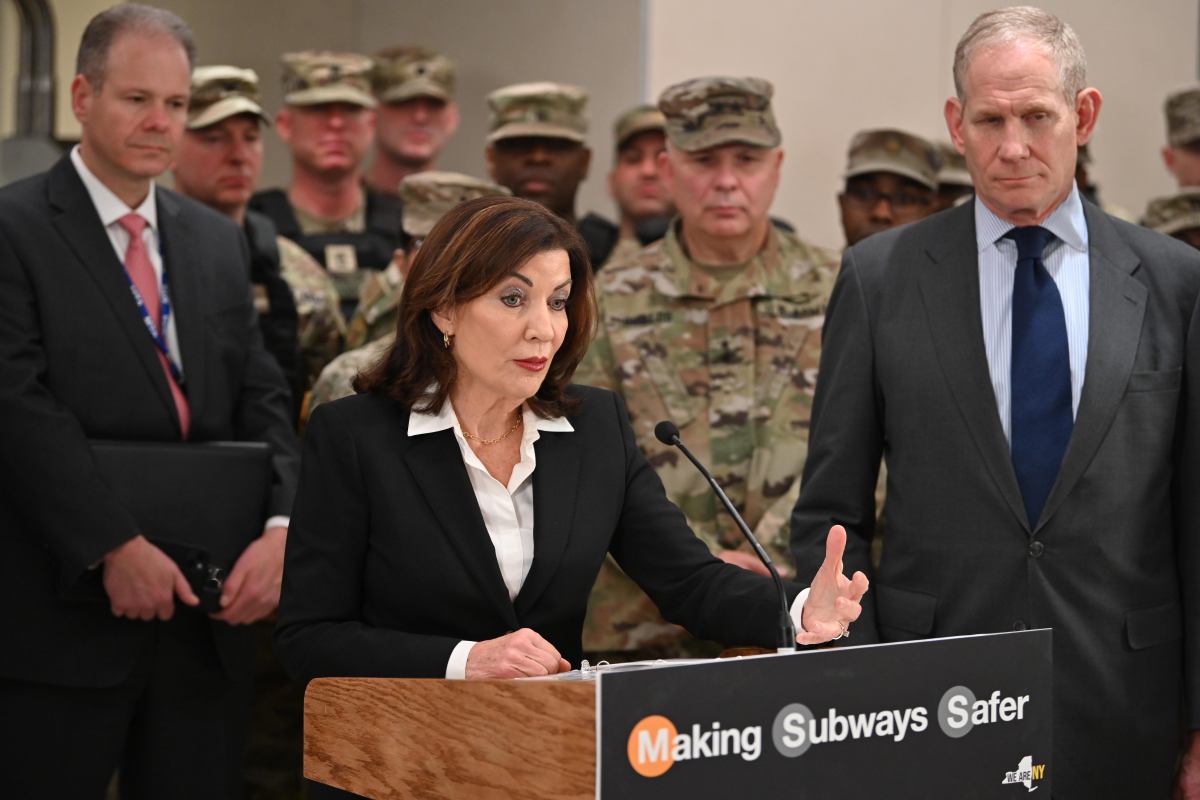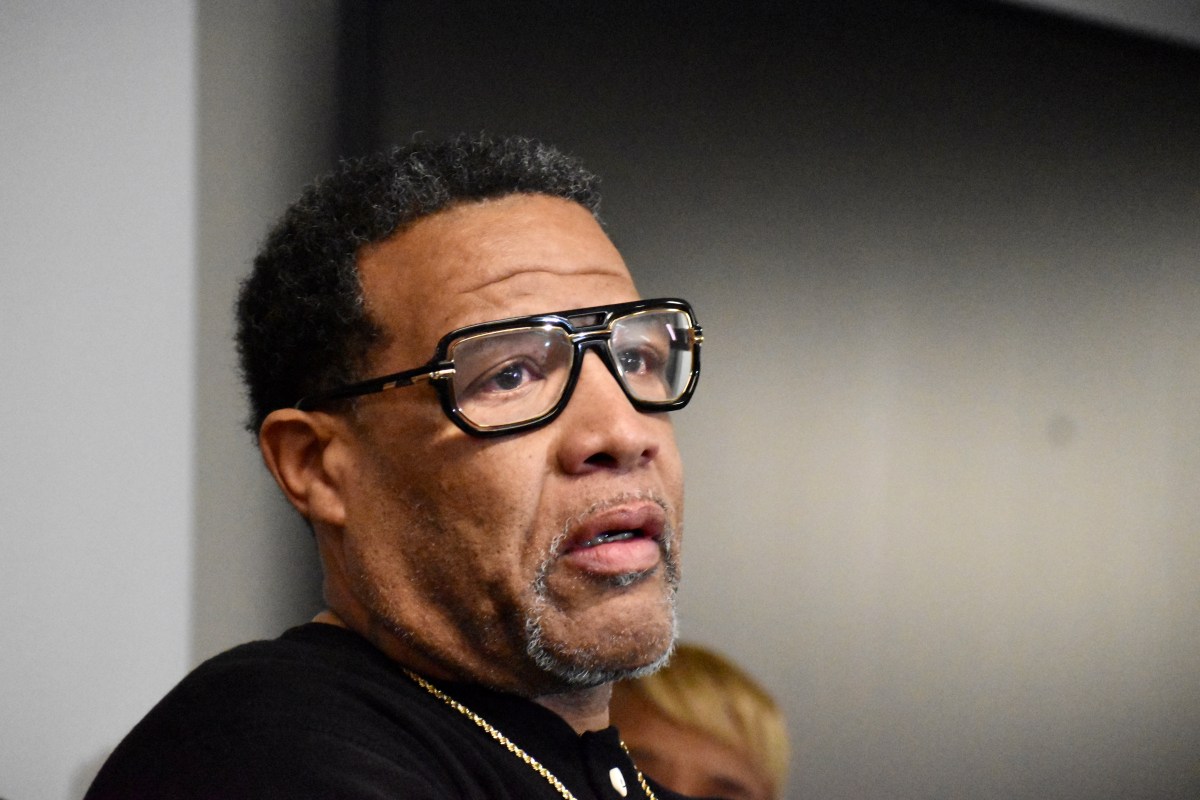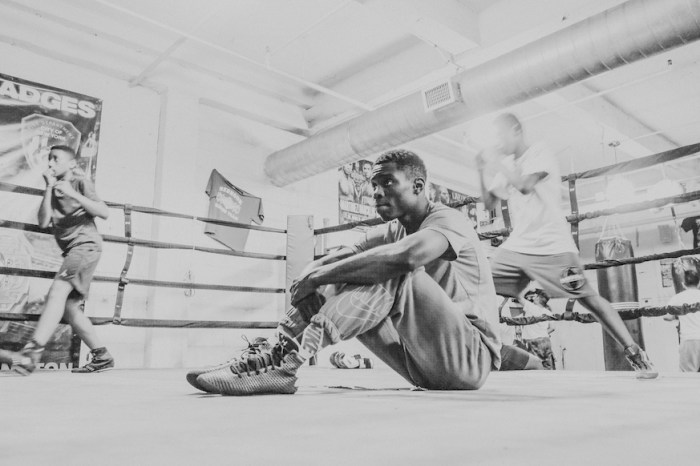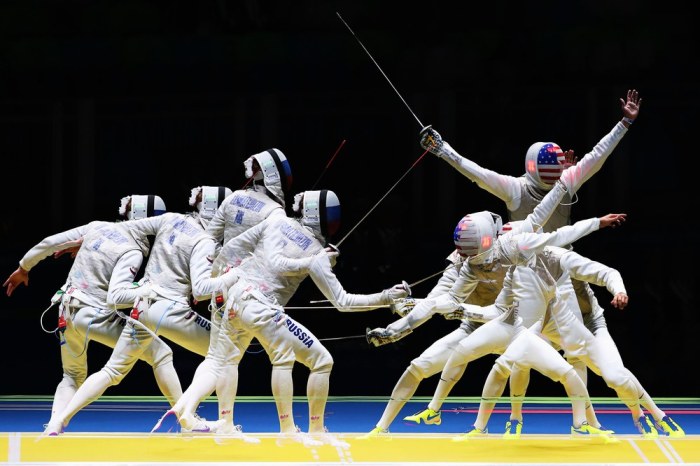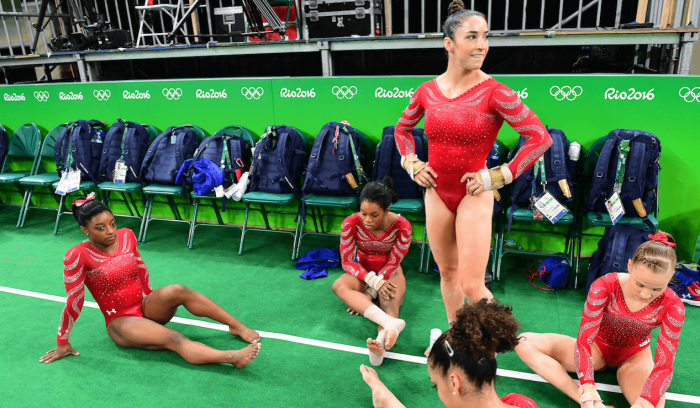Madison Hughes’ upbringing included flights across the pond between his family’s abode in England and his relatives’ homes in New England every summer.
Then there were four years spent at Dartmouth College in Hanover, N.H., and now he’s in southern California — a long way from the dreary England weather and the snowy New England winters.
“I spent every summer with my family visiting relatives, and we would stay at my grandma’s house in Lancaster, Mass.,” Hughes said.
The one thing that’s tied everything together for him is rugby. Hughes has been playing the sport, best known in parts of the world other than North America, since he was 7.
In a few weeks, Hughes will be at the Rio de Janeiro Olympics to compete for the U.S. rugby sevens team. 2016 marks the Olympic debut for rugby sevens, and it’s been 92 years since rugby was last contested at the Olympics. “It’s an incredible honor to represent my country in the Olympics, but it’s also a responsibility as we want to go out there and perform well and make our country proud,” said Hughes, whose father is English and whose mother is a Leominster native and a Boston College graduate. Those Massachusetts roots turned him into a fan of the Red Sox and Patriots. Hughes was a standout rugby player at Dartmouth College, where he was the first junior to serve as a team captain. Upon graduation last summer, Hughes packed his bags and moved to California and the Olympic Training Center in Chula Vista, just south of San Diego. Hughes has been a member and captain of the USA Eagles Sevens team since 2014. His numbers speak for themselves:
— His 725 points in 23 tournaments are the most of any player in U.S. rugby history.
—He scored the most points of any player in the world (331) during the 2015-16 season.
—His efforts helped the Eagles win the London tournament on the 2015 Sevens World Series, the first U.S. victory on the rugby sevens circuit.
Rugby has a relatively small fanbase in the U.S., and it’s likely that many U.S. sports fans don’t know what rugby sevens is. The two main points are that each team has seven players on the field at a time, which makes for an open and fast-paced game. A match consists of two seven-minute halves. This is different from the rugby many U.S. fans know about, which features 15 players per side, longer matches, and bigger players. “The ball is gonna fly around, players will be running all over the place, and it’ll all be over before you can process all the action,” Hughes said.
For Hughes, the prospect of playing at the Olympics is multi-pronged. For one, it’s every athlete’s dream to be in the position to win an Olympic medal. Secondly, the Rio Games will expose Americans to something they might never have seen before. “I’m so excited for the Olympics, and it’s amazing to have rugby sevens joining,” he said. “The Olympics really has the potential to take our sport to new heights, especially in the U.S.”
Summer Olympics previews: USA rugby’s Madison Hughes with strong New England ties
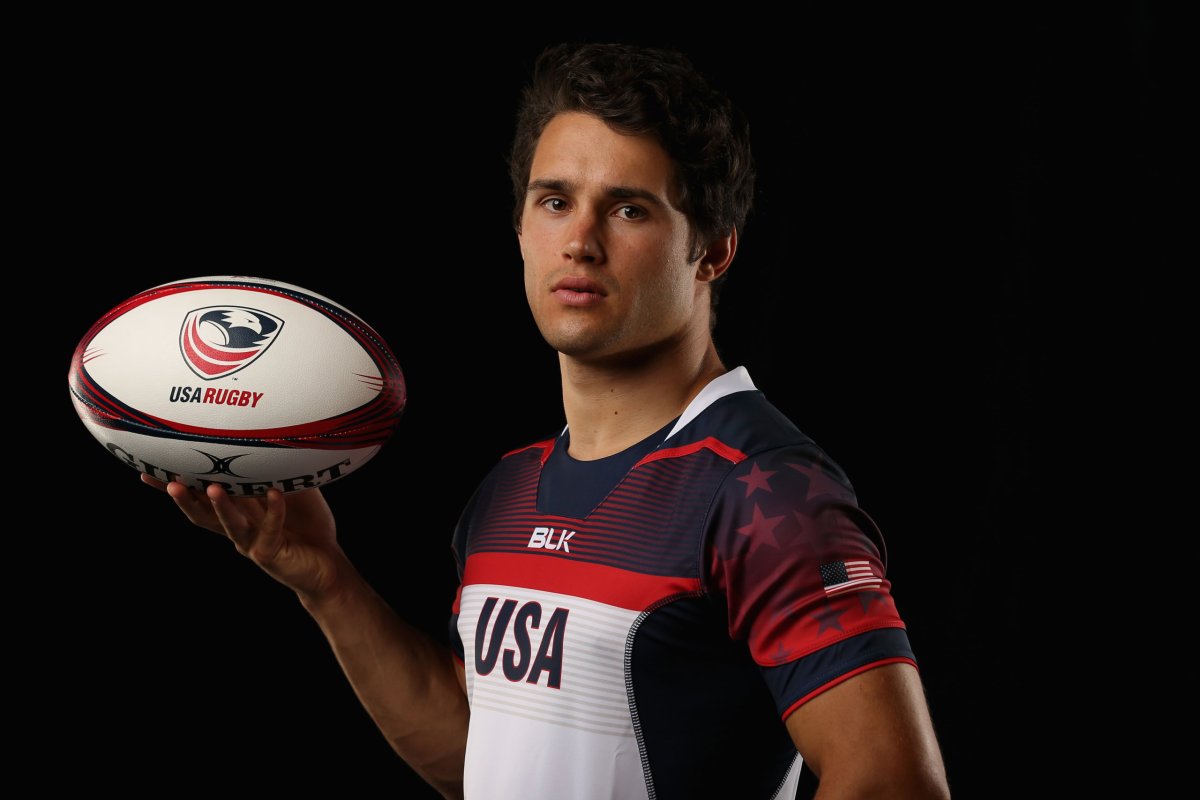
Getty Images





